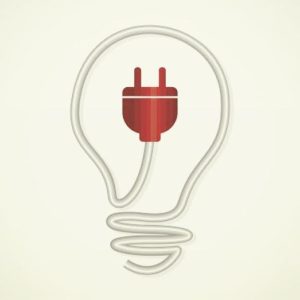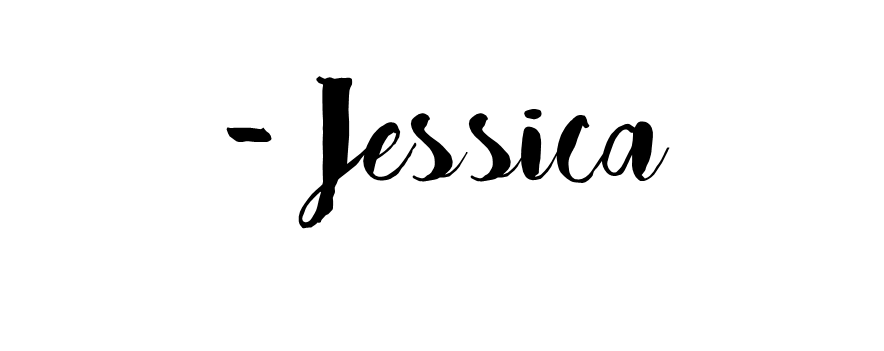I want you to take just a moment and think back to one of your favorite learning memories from when you were a kid in school. When you reminisce on your childhood learning experiences, what’s the first thing that comes to mind? For me, it was a biographical research project on Louis Armstrong when I was in 5th grade. I can’t remember if I was assigned to research him or if it was my choice, but I had so much fun doing it! Aside from writing a research report, I was able to creatively portray Louis Armstrong, so I chose to make a huge cardboard cut-out of him playing his trumpet. I remember spending hours on it, making it just right, and being so proud when I presented it to the class.
Here’s another: My high school English teacher was big on Socratic Seminars. She would give us a text to read that usually generated opposing opinions, put our desks in a big circle, and have us discuss our opinions in relation to what we read. This helped me learn how to express myself verbally… something I really struggled with growing up.
My 5th grade teacher could’ve easily assigned the research project and not have provided a creative component. My English teacher could have provided texts to read and corresponding questions, and not have allowed us to discuss our own opinions. But they did allow us to express our creative, opinionated thoughts. They believed in learning past the first level, beyond simply answering questions and filling out worksheets. They believed in tasks and experiences. Yes, we still had standardized tests to prepare for, but the “preparation” was minimal and I can’t even remember it.
Fast forward to now. Public schools have new standards, Common Core State Standards, which were originally created to help our American students rise up to the level of those in competing nations. The standards aimed for higher learning, achieved through more problem solving and project-based learning, and fewer worksheets and menial tasks.
Great, right? That should’ve meant that the learning experiences I mentioned just now would become more prevalent. These standards should have allowed for more flexibility and creativity. Our children should be achieving and accomplishing more than ever, and should be exiting high school ready for college and career. And I sincerely believe that most of the educators in our public school system – from teachers to administrators to curriculum specialists – want to see students engaged in these task-based, project-based hands-on learning experiences.
But there is a great disconnect between what we want to see happen and what is happening. And that disconnect lies at the crossroads of high stakes testing.
Over the last couple of years, there has been a greater push for more inquiry-based learning, particularly in math and science. An example of an inquiry-based math lesson versus a traditional math lesson is giving students a real-world problem to solve in teams using math tools instead of just having them follow along with you on a workbook page. There’s a lot more that goes into it, but that’s the brief synopsis. You would think that all teachers would be on board with this type of teaching – infusing fun into learning. But, there are two main things that hold teachers back:
- The fact that these lessons can take a while and we are on a strict pacing calendar that we must abide by in order to be able to teach all the standards before standardized testing begins.
- The fact that this type of teaching – although fun, higher-level, and applicable to the real world – won’t prepare our students for the structure of the looming standardized testing that has the power to determine anything from a child progressing to the next grade level, all the way to a student entering 6th grade who misses out on the option of taking elective classes because they have to take remedial classes based on their state test scores.
- Many people believe that, if students can learn at a higher level through inquiry-based lessons, they should be able to tackle any tricky problem they encounter. However, the fear teachers have about standardized testing and all its implications keep them from taking that risk.
I’ve done these lessons in my class and they are super fun and engaging and relevant. I love teaching this way! So, is the problem this way of teaching? Is the problem that kids are having fun learning math for once? Is the problem that, when I teach this way, I spend less time lecturing and more time facilitating?
Or… does the problem lie in the truth that these engaging, hands-on lessons teachers know will impact students on a level that matters to who they are as people may not necessarily help them achieve the SCORE they need pass a test.
In essence… is the problem standardized testing?
I’ll let you decide the answer to that question.
As for me, I dream of a school system where testing is used to measure student performance (which is appropriate and necessary on a scaled back level in moderation), but not wielded as a tool that has students constantly struggling to prove themselves… or else. Only then will teachers feel free to teach the way they believe and the state and district say they want us to. Only then will students learn to LOVE learning again and parents start to trust our school systems again.



